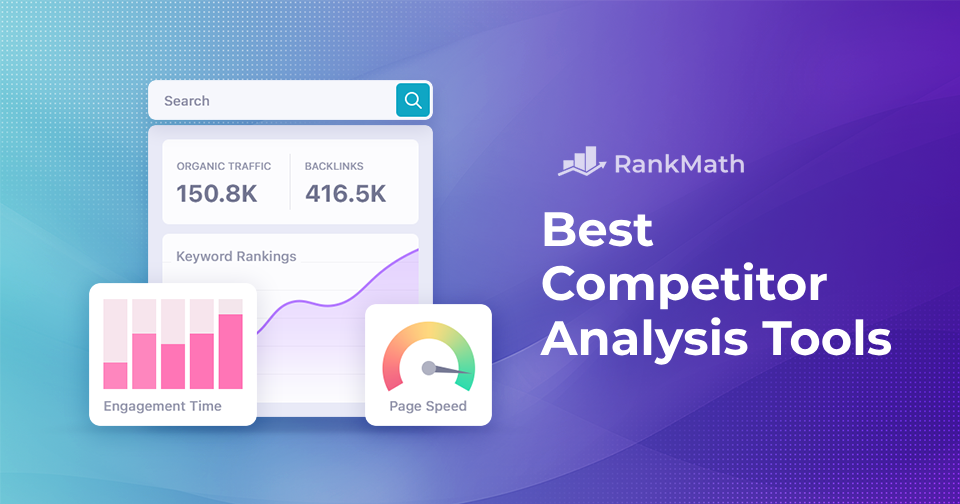In today’s competitive world, staying ahead of your competition requires more than just intuition and hard work.
It necessitates a deep understanding of your competition’s strategies, strengths, and weaknesses. Having the right competitor analysis tools to analyze your competitors can be a game-changer.
Competitive analysis tools provide you with invaluable insights, from tracking your competitors’ SEO strategies and social media activities to monitoring their market performance and customer sentiment.
These tools enable you to make informed decisions, optimize your marketing strategies, and ultimately gain a competitive edge.
In this post, we’ll discuss the 5 best competitor analysis tools designed to help you spy on your competition effectively.
So, without any further ado, let’s get started.
Table Of Contents
Competitor Analysis Tools
Let us discuss the competitor analysis tools that’ll enable you to make informed decisions, optimize your marketing strategies, and ultimately gain a competitive edge.
1 Semrush
Semrush provides an in-depth look into both your own and your competitors’ online presence, offering a wealth of data to inform and enhance your marketing strategies.
Firstly, its comprehensive SEO and SEM data capabilities help to perform detailed keyword research, identifying high-performing keywords that drive traffic to competitors’ sites and discovering new keyword opportunities for the campaigns.
The site audit feature enables the audience to identify and fix SEO issues that can affect their ranking, while position tracking monitors the website’s ranking for specific keywords over time and compares it with competitors.
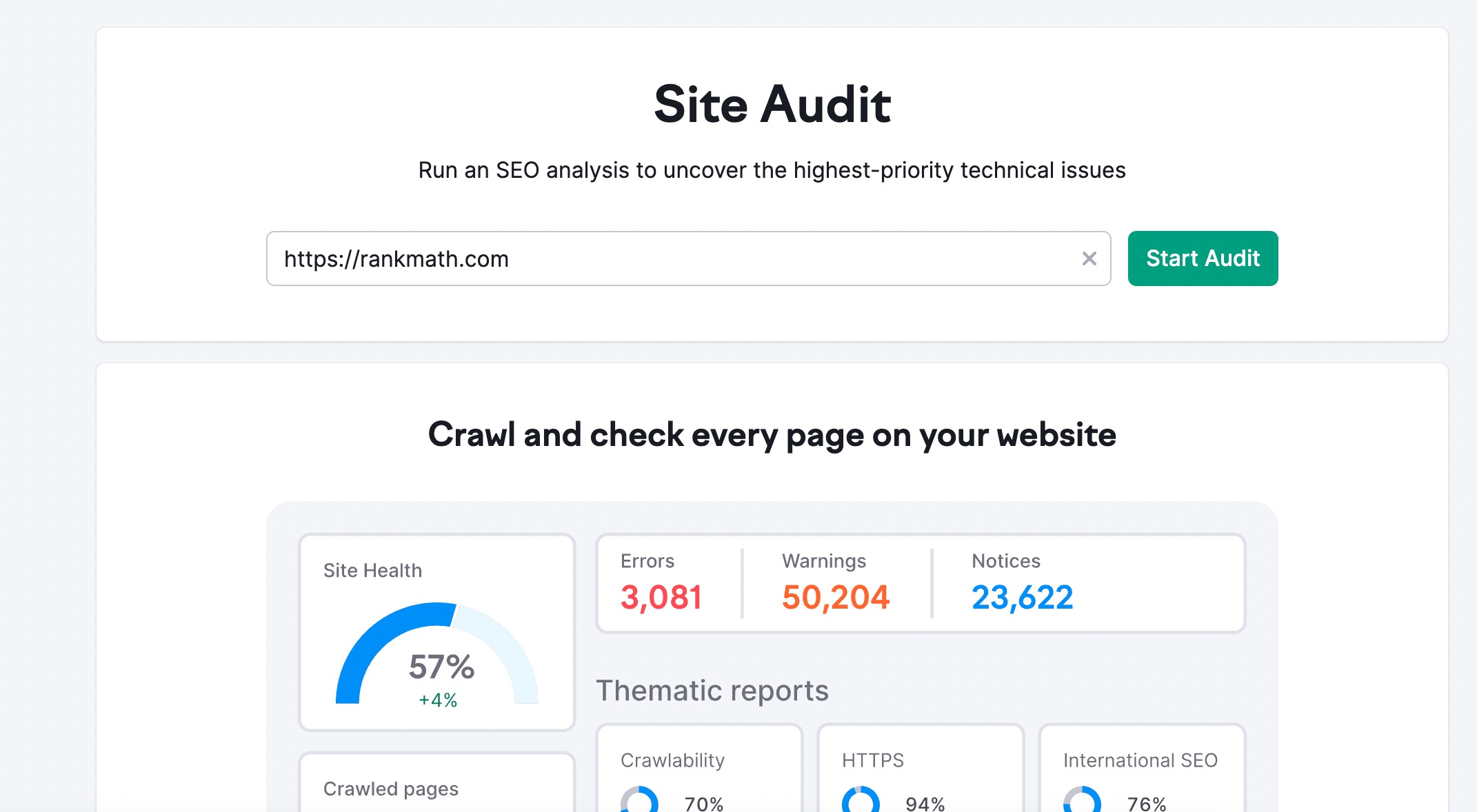
Semrush allows you to discover unique keywords that competitors rank for and visualize keyword overlaps to identify potential areas for improvement and expansion. You can use Semrush competition analysis tools to check your competition.
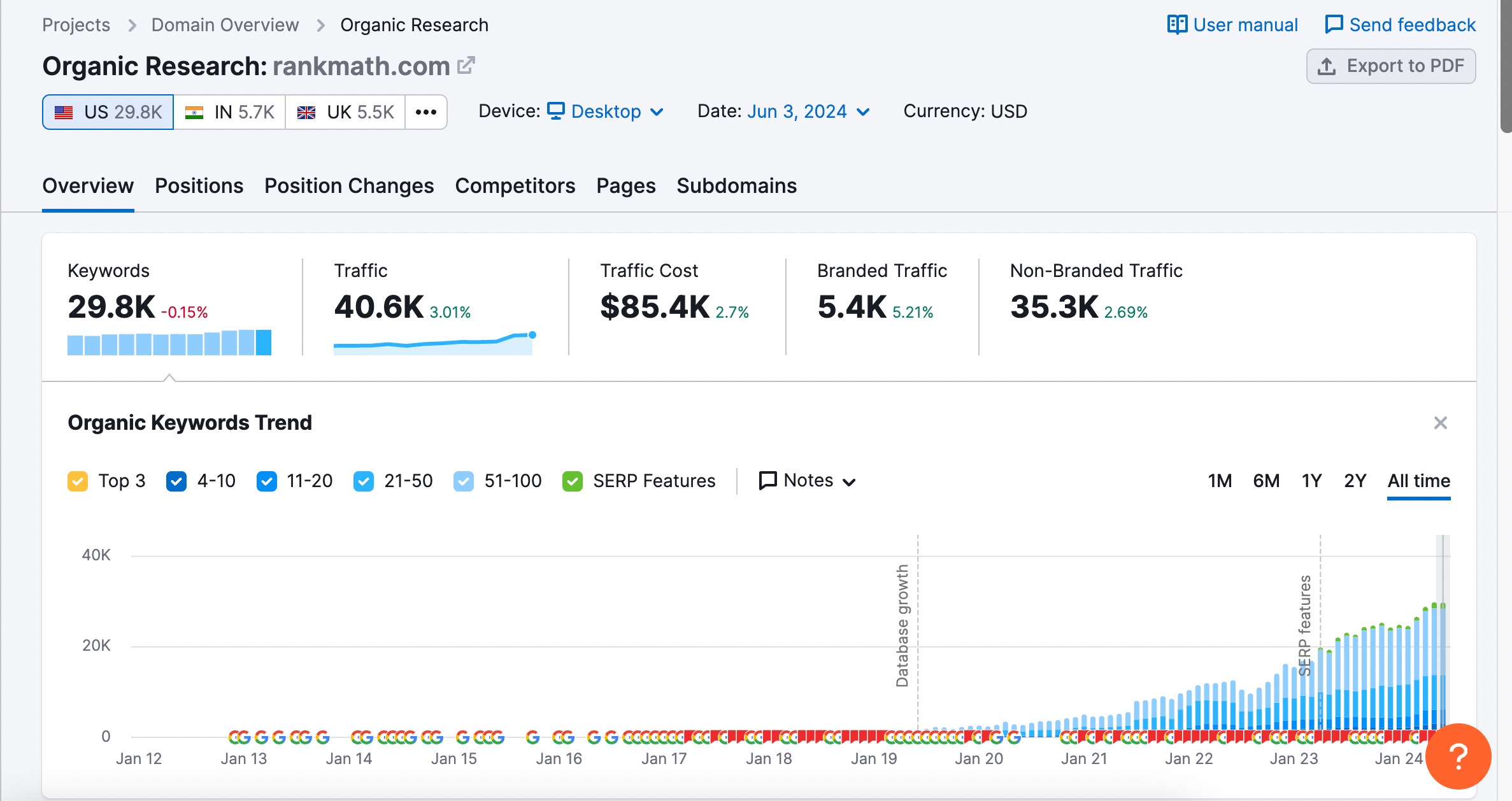
Backlink tracking is another important feature, enabling you to monitor the backlinks pointing to their website and the competitors’ websites to understand their link-building strategies.
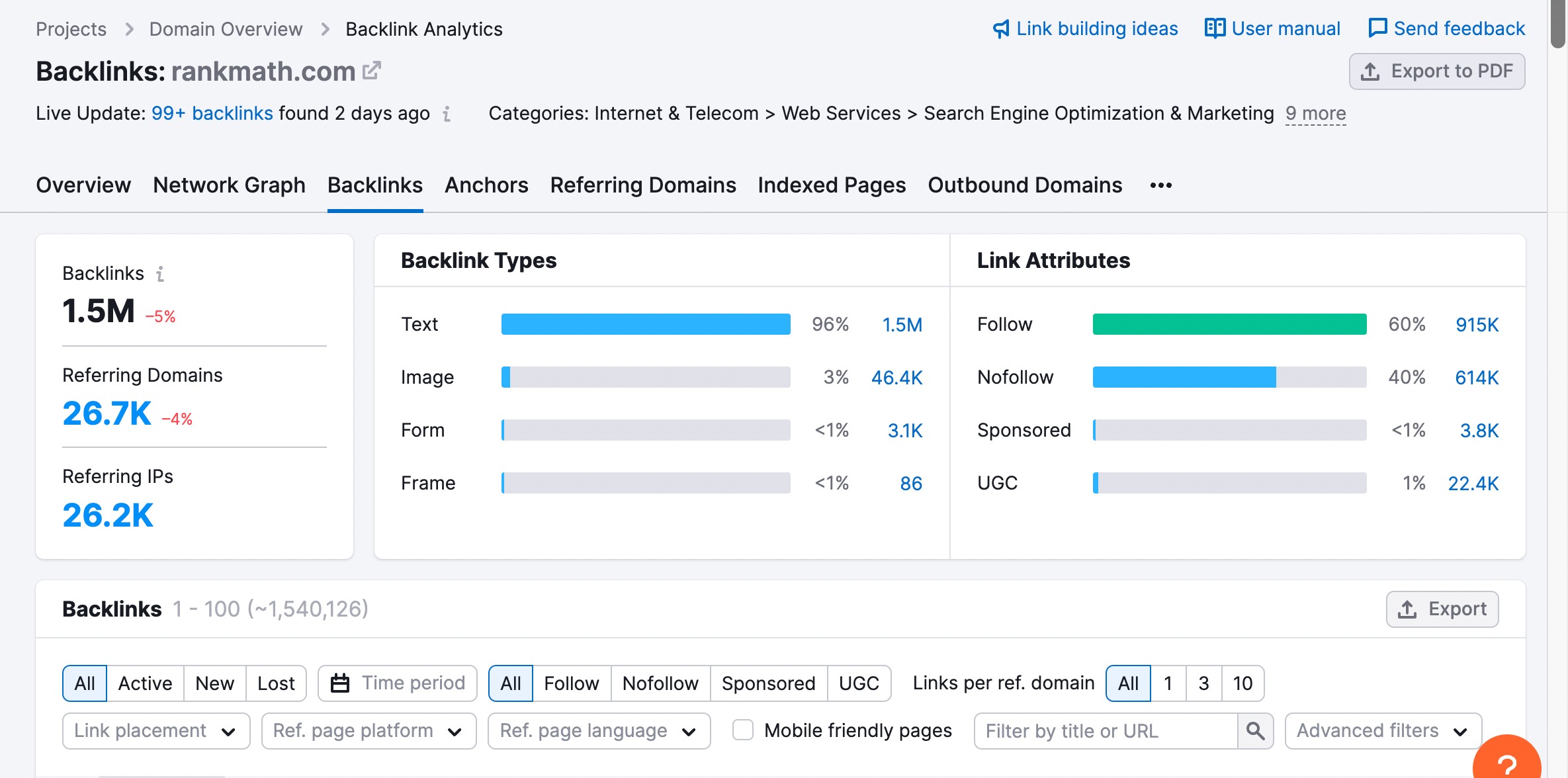
Semrush offers a variety of pricing plans according to different business needs, ranging from $129 per month.
2 Ahrefs
Ahrefs is a powerful tool that offers various features to conduct comprehensive competitor analysis.
In Ahrefs, enter your domain in Site Explorer, and you can find your top organic competition. This will show you a list of websites that rank for the same keywords as you, helping you identify other potential competitors.
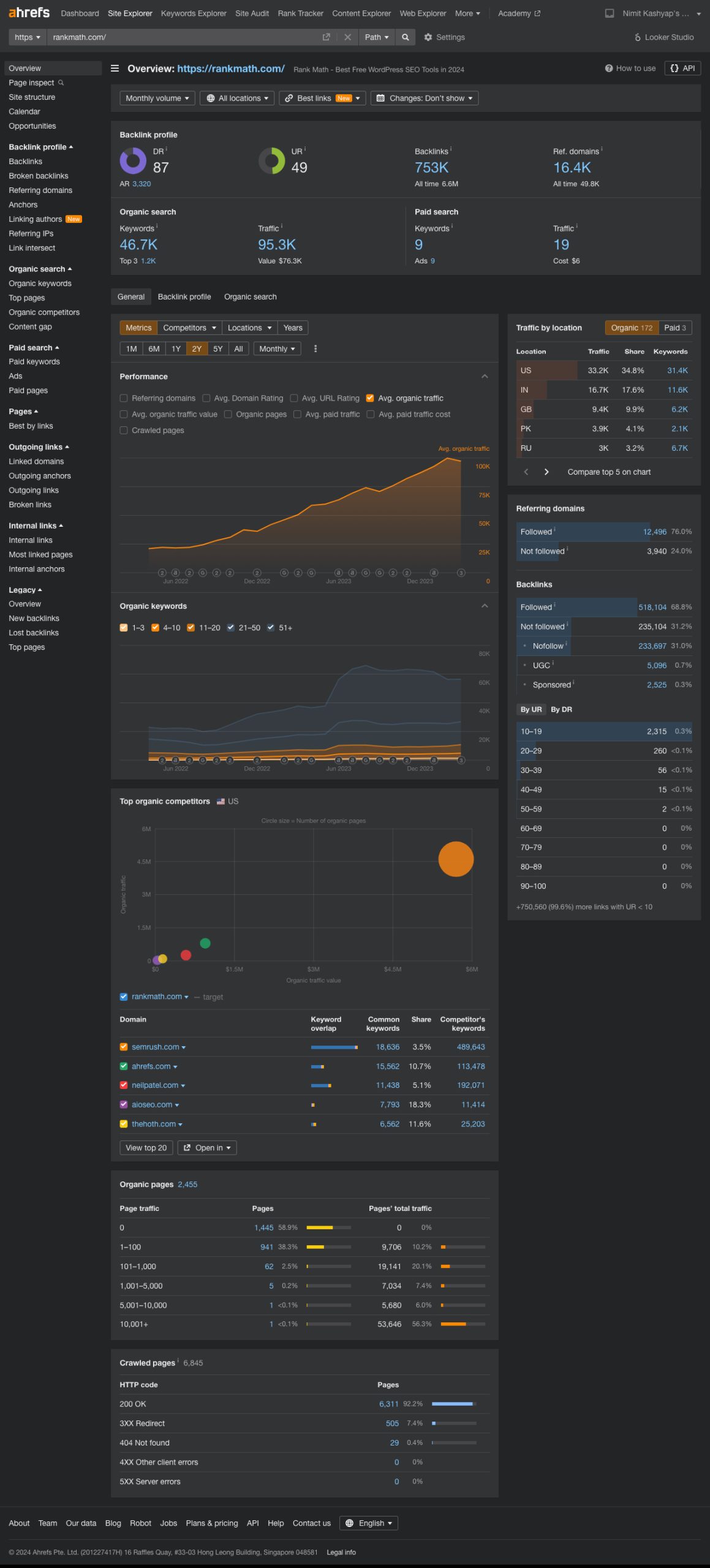
Ahrefs also helps identify the competitor’s backlink profile. Navigate to the Backlinks report to see all the backlinks pointing to your competitor’s site. This helps you understand where they are getting their link authority from.
Analyze the Referring domains report to see which domains are linking to your competitor. Look for high-authority domains and note any patterns or strategies.
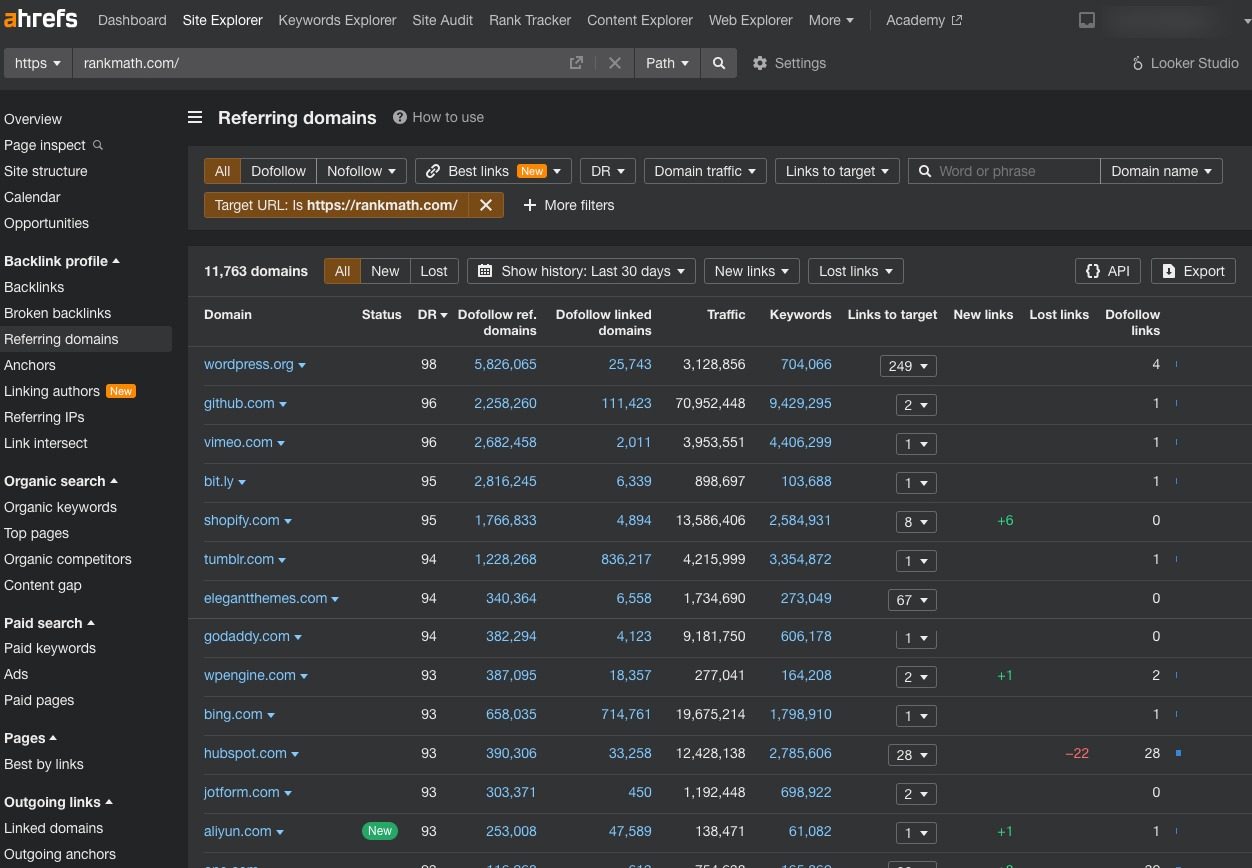
You can also use the Content Gap tool to find keywords your competitors rank for and identify potential content opportunities.
Ahrefs offers various plans starting at $29 per month.
3 Ubersuggest
Ubersuggest is another competitor analysis tool that allows you to analyze the keywords for which your competitors rank. By entering a competitor’s domain, you can see a list of their top-performing keywords, their search volumes, and their rankings.
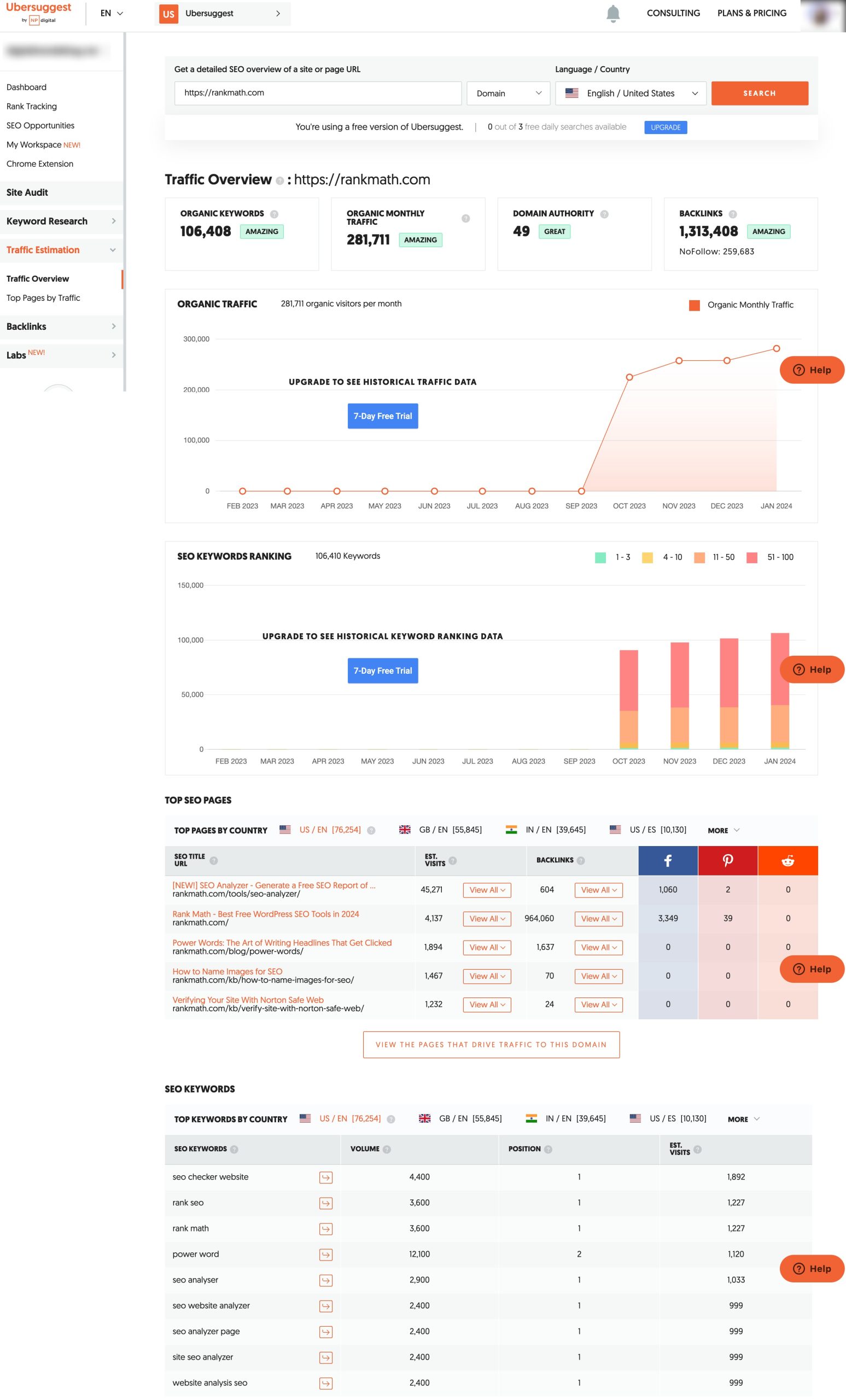
It generates keyword suggestions based on your competitors’ keywords, helping you identify new opportunities to target similar or related terms.
Check the Top Pages report to see which pages on your competitor’s site are driving the most traffic. Analyze these pages to understand the content types and formats that work best.
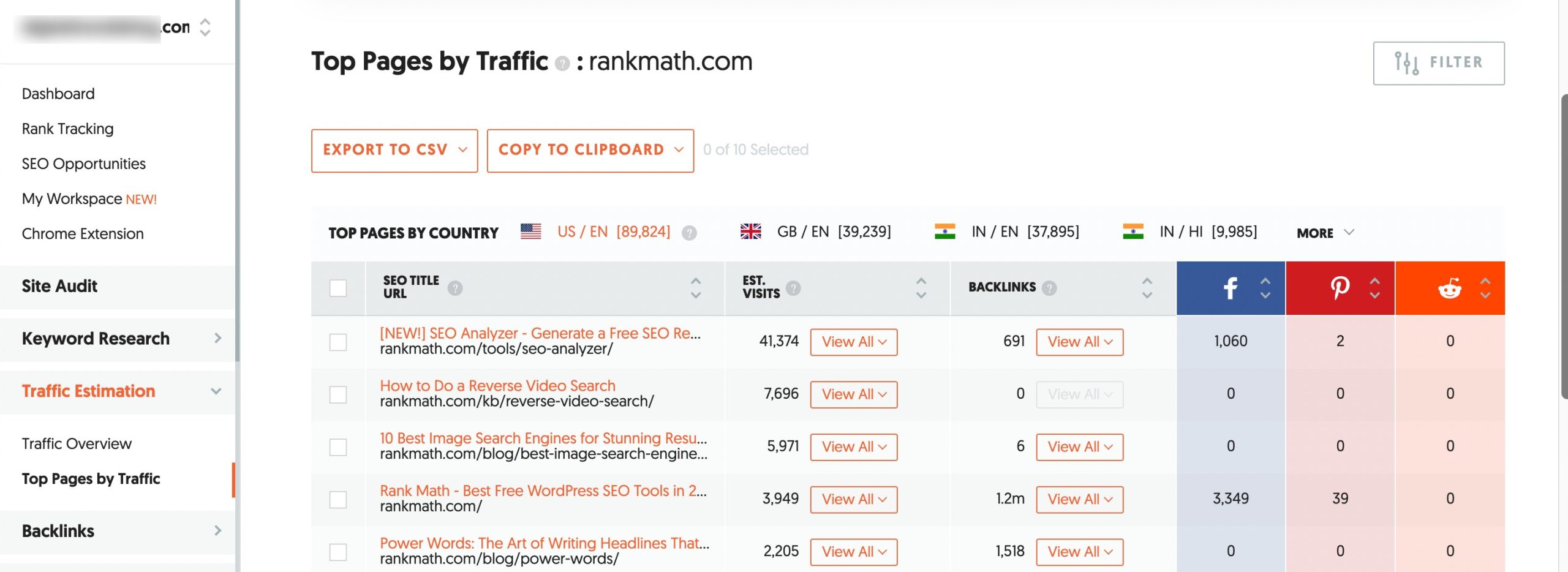
Ubersuggest offers a 7-day free trial and offers various plans starting at $20 per month.
4 Rank Math
Rank Math is a powerful WordPress SEO plugin that offers a wide range of features to enhance your website’s search engine optimization. While primarily designed to optimize your own website, Rank Math can also be effectively used for competitive analysis.
Rank Math provides a built-in SEO Analyzer tool that evaluates your website’s performance based on various SEO factors. By comparing this with known benchmarks or similar analyses of competitor sites, you can identify areas where your competitors may have an edge.
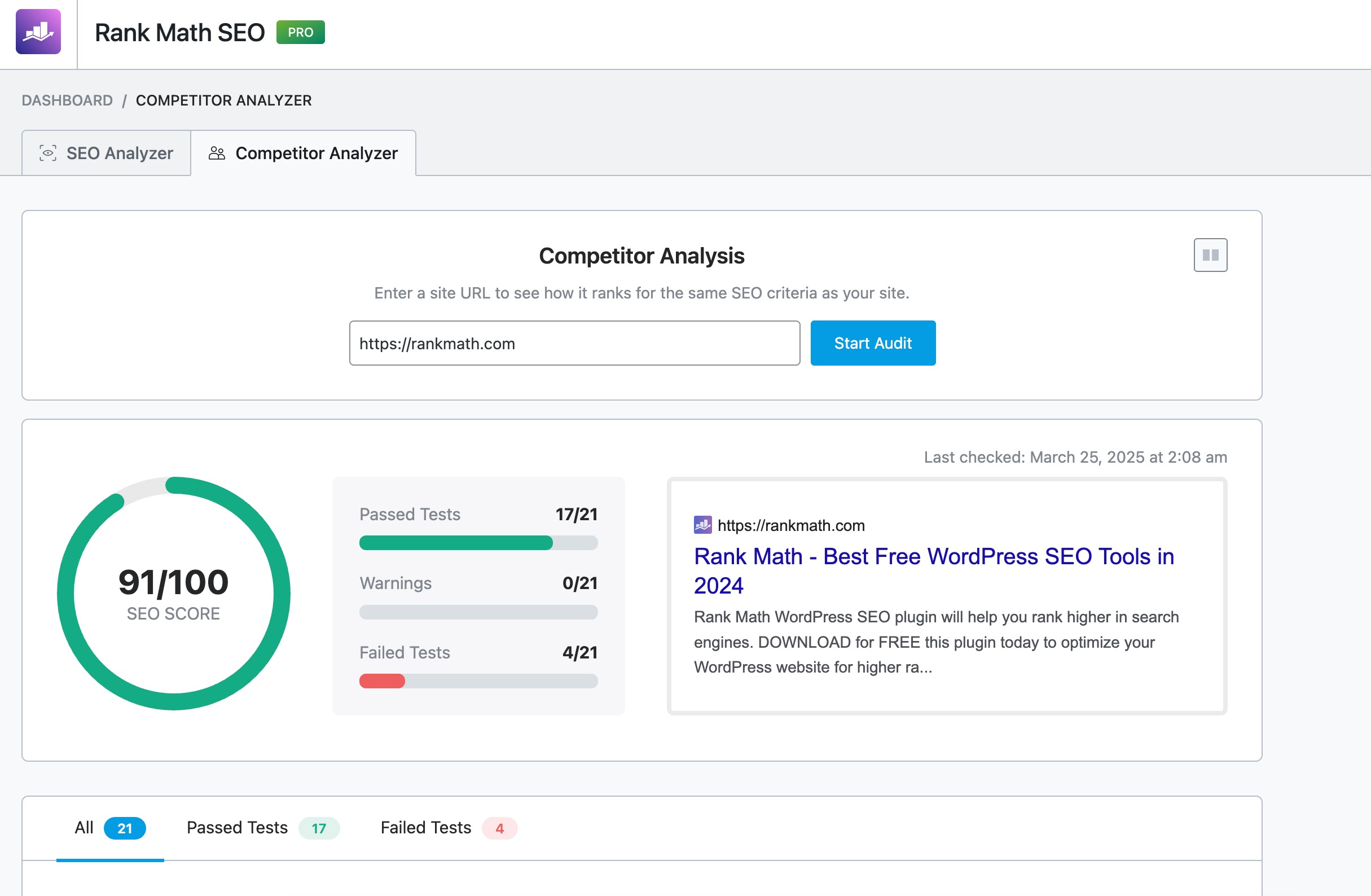
With Rank Math PRO, you can also compare your site’s performance with that of your competitor side by side. To do this, simply click the side-by-side comparison icon, as shown below.
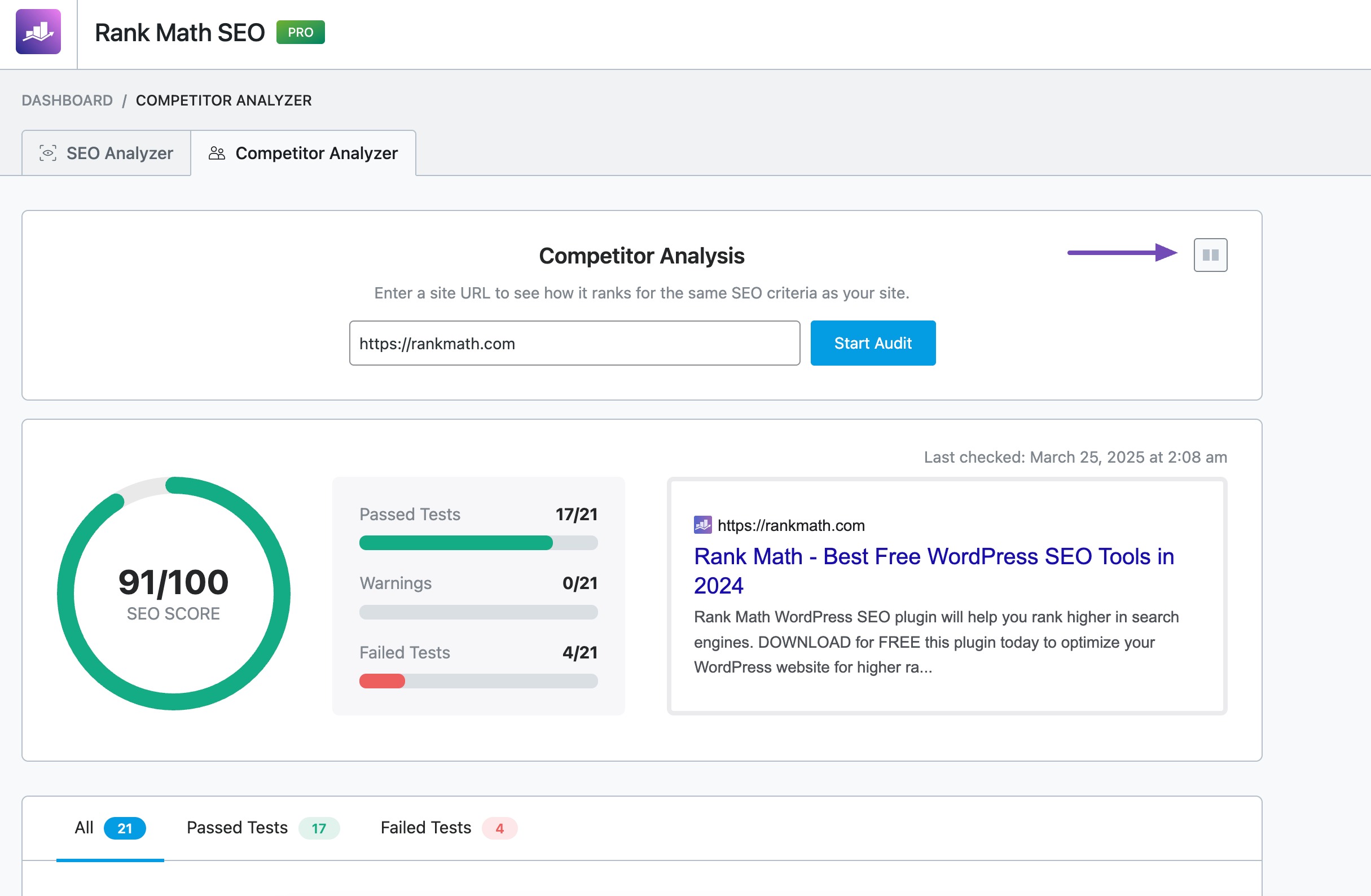
You will be able to see your site’s test results and those of your competitor in no time.
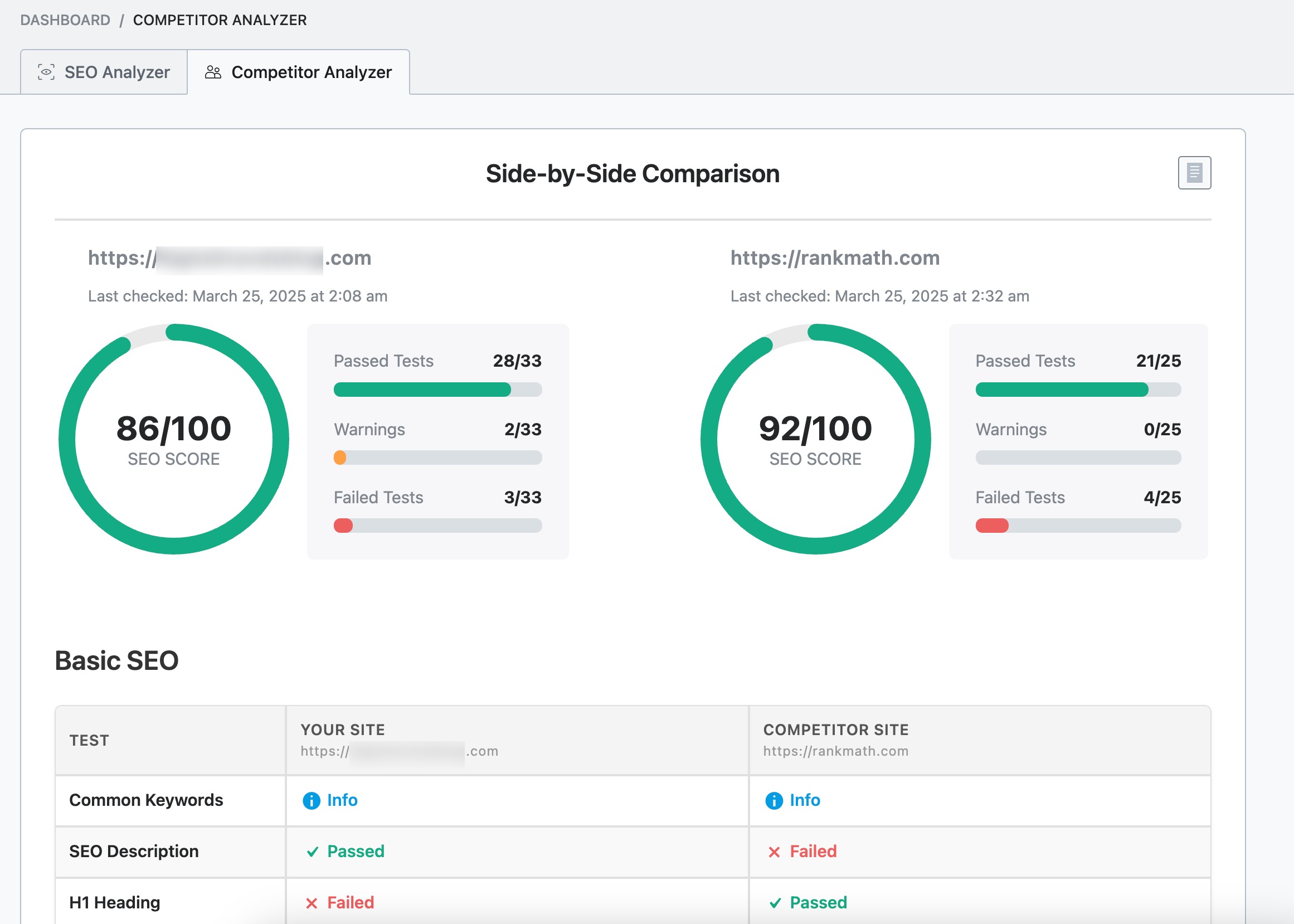
You can track how well your content is optimized for specific keywords compared to your competitors. Use Rank Math’s Content AI keyword suggestions and optimization tips to target keywords your competitors rank for.
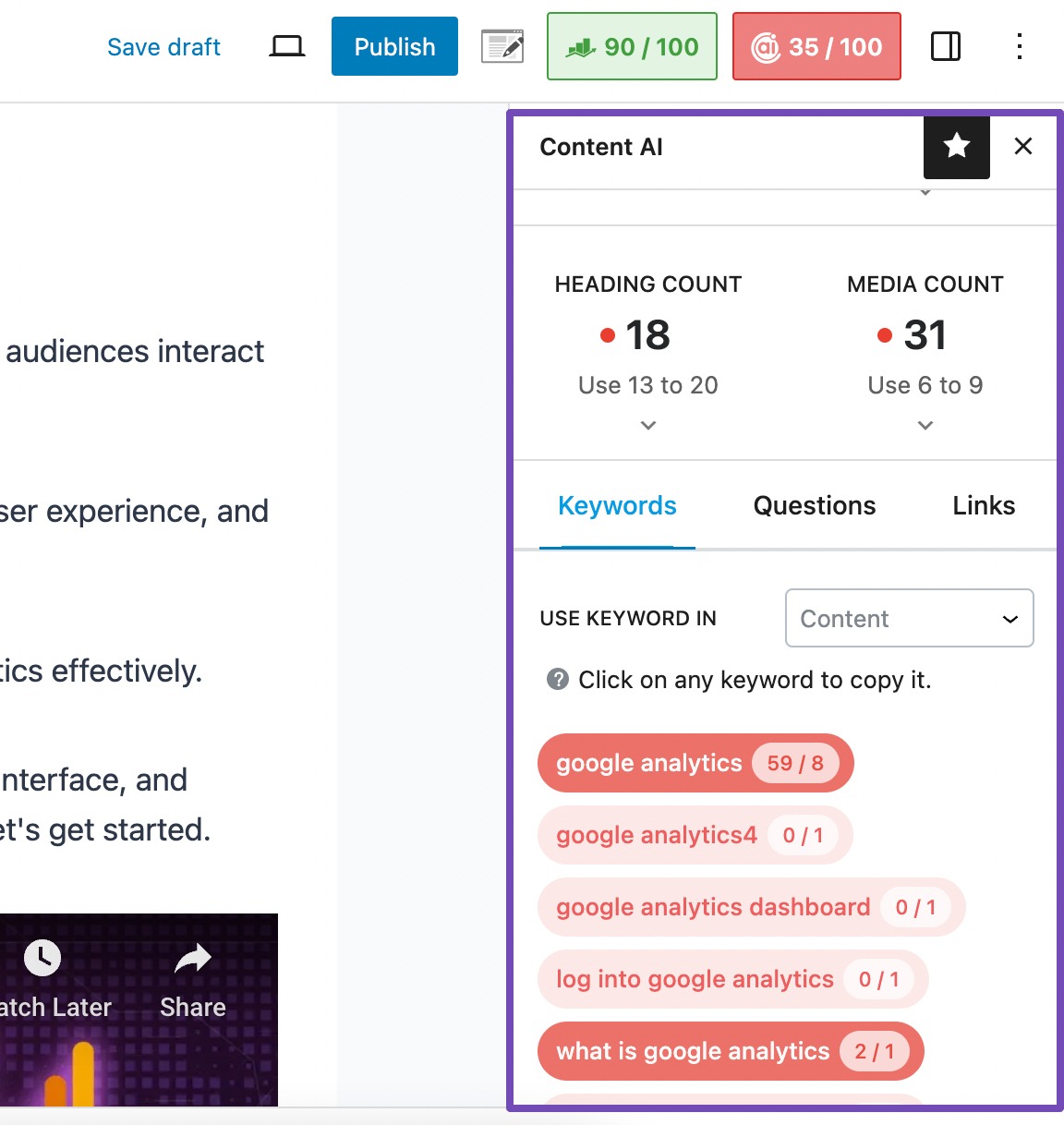
Each post and page gets an SEO score from Rank Math. You can use this score to benchmark your content against competitors, ensuring your content meets or exceeds the optimization level of competitor content.
The best part is that the plugin is freely available and offers paid plans starting at
$95.88 for the first year.
5 SpyFu
SpyFu offers a variety of features that allow you to analyze your competitors’ SEO performance, PPC campaigns, keyword strategies, and more.
Enter your domain in SpyFu’s search bar. SpyFu will list your direct competitors based on overlapping keywords and traffic sources.
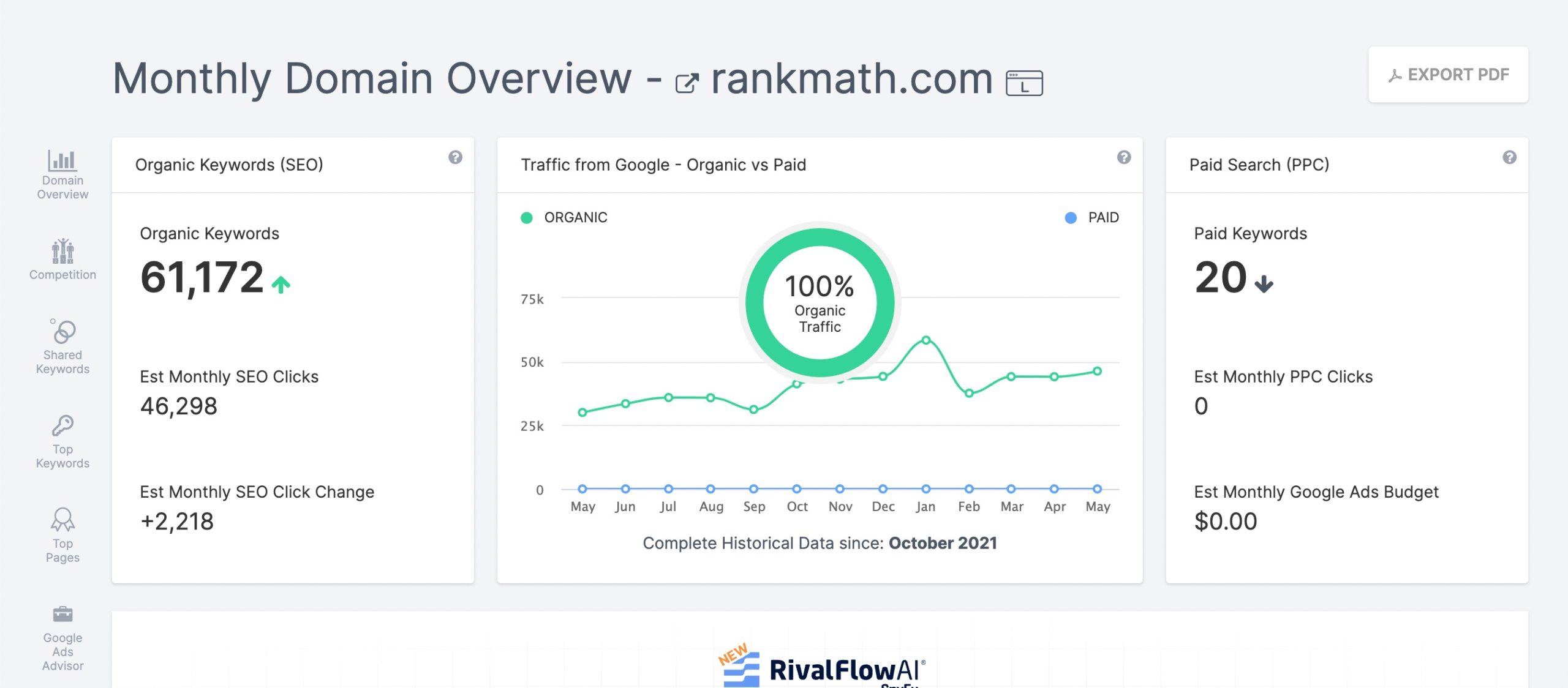
In the PPC Research tab, enter your competitor’s domain to see their paid search performance, including estimated monthly ad spend, average ad position, and number of keywords.
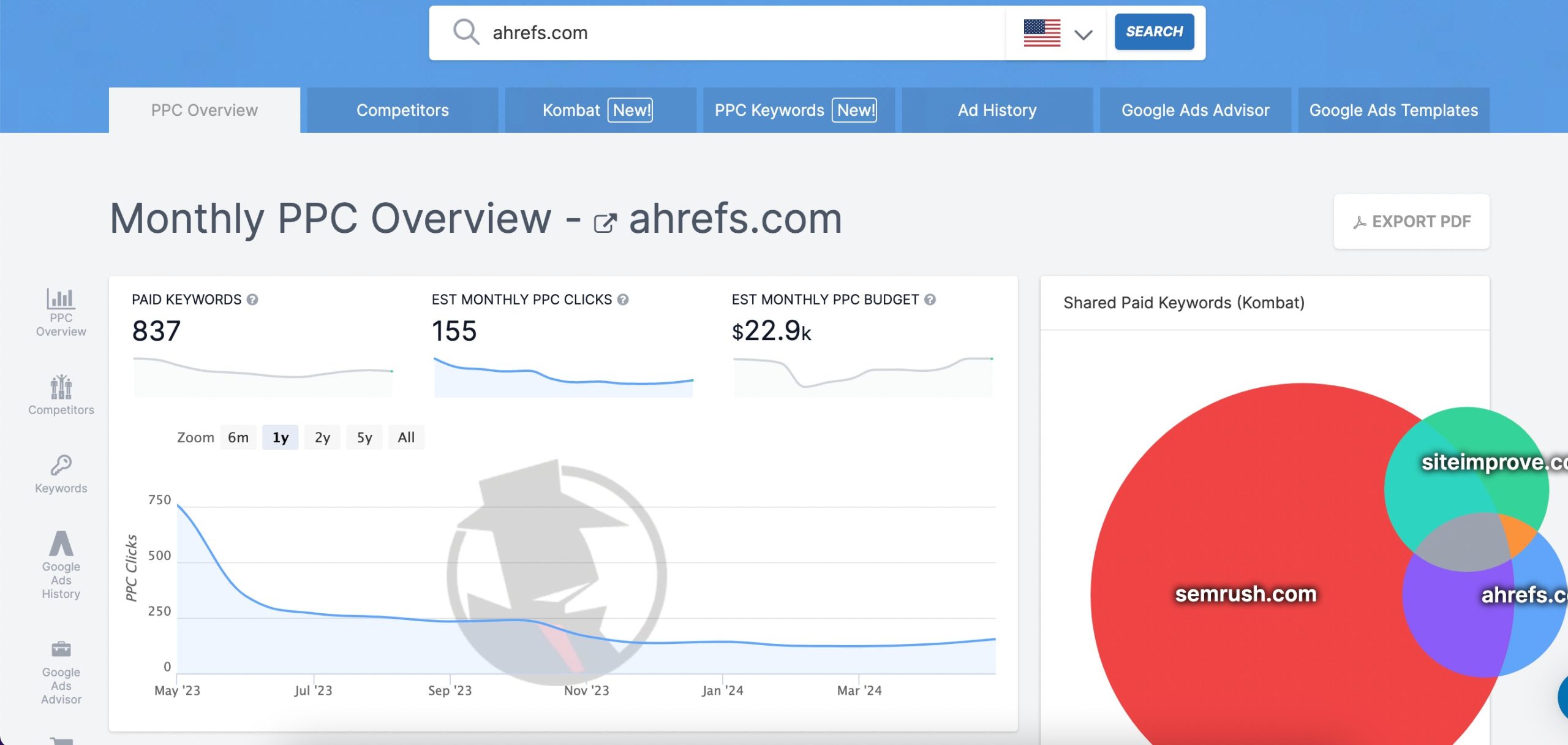
You can also use the Ad History feature to track your competitor’s ad campaigns over time. This helps you identify seasonal trends and long-term strategies.
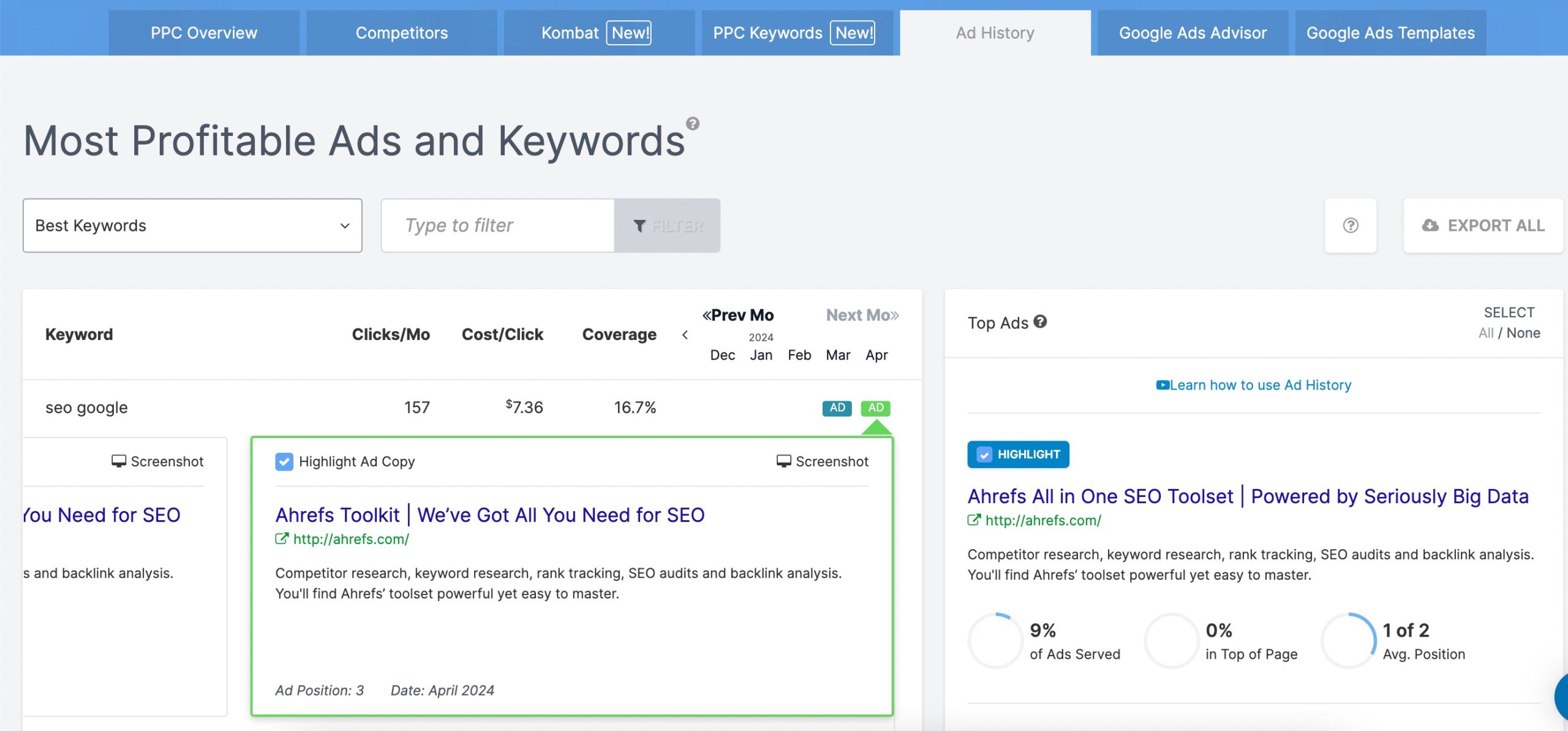
Conclusion
Competitive analysis tools play an important role by providing valuable insights into competitors’ online activities, SEO performance, PPC campaigns, content strategies, and more.
These tools empower you to benchmark your own performance against competitors, identify gaps and opportunities, refine your marketing tactics, and ultimately gain a competitive edge for your business.
Investing in robust competitive analysis tools is not just an option but a necessity if you want to thrive and grow.
With the right tools and strategies in place, you can effectively navigate the complexities, capitalize on emerging opportunities, and gain success in your respective industries.
If you like this post, let us know by Tweeting @rankmathseo.
